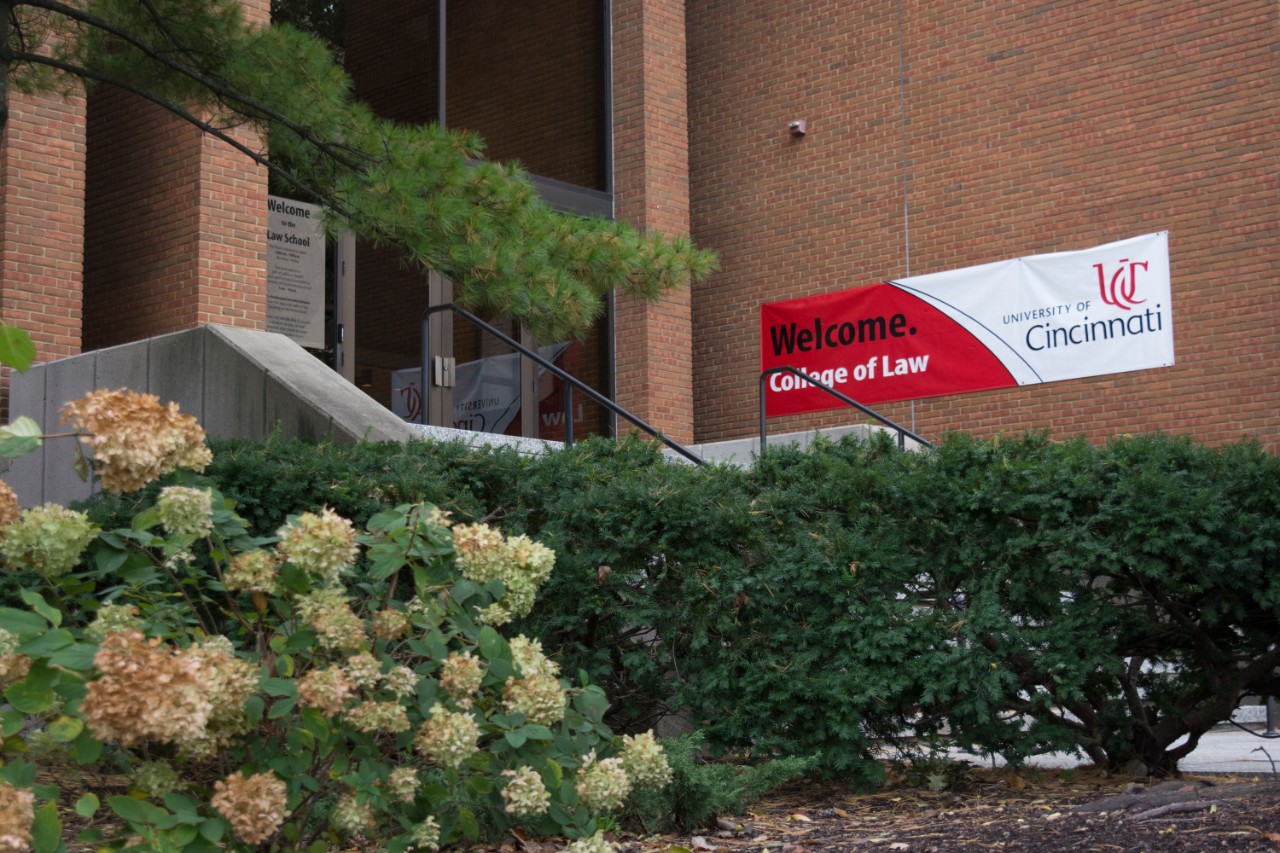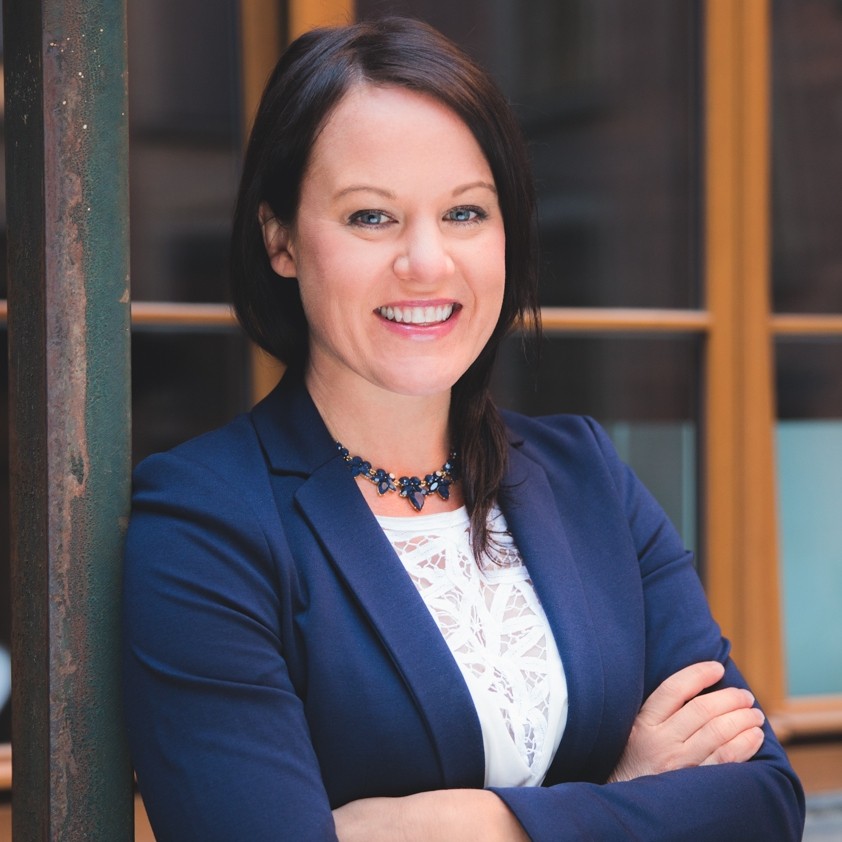
New faculty appointments at UC Law
College will welcome scholars Ryan Thoreson and Kristie Bluett
This fall, Cincinnati Law will welcome legal scholar and anthropologist Ryan Thoreson as an Assistant Professor, and legal clinician Kristie Bluett as Assistant Professor of Clinical Law and Director of the Domestic Violence and Civil Protection Order Clinic.
“Ryan and Kristie will be excellent additions to our faculty,” said Dean Verna L. Williams. “They both bring a wealth of experience to their roles that will benefit our students as well as the greater University and Cincinnati communities.”

Ryan Thoreson. Photo/Provided.
Ryan Thoreson’s scholarship focuses on contemporary social movements and spans constitutional law, criminal law, tort law, and comparative and international law. His work has appeared or is forthcoming in the California Law Review, Harvard International Law Journal, Yale Law Journal, and Journal of Human Rights.
“I’m excited to be a part of and contribute to the intellectual community at the College of Law,” said Thoreson. “I’m looking forward to being in the classroom and working with students as they learn the law and prepare for their careers as lawyers.”
Previously, Thoreson taught as an Assistant Professor at the University of Hong Kong and was a Clinical Lecturer and Cover-Lowenstein Fellow at Yale Law School. Prior to entering academia, he was a researcher at Human Rights Watch and clerked on the Tenth Circuit Court of Appeals.
Thoreson received his J.D. from Yale, where he was Executive Editor of the Yale Law Journal and Managing Editor of the Yale Journal of Law and Feminism. A Rhodes scholar, he also holds a D.Phil. in Anthropology from Oxford and an A.B. magna cum laude in Government and Studies of Women, Gender, and Sexuality from Harvard University.

Kristie Bluett. Photo/Provided.
Kristie Bluett’s research and teaching interests span international human rights law, with a focus on women’s and children’s rights, immigration law and policy, family law, and lawyering skills. Her work has been published by the Georgetown Journal of International Law, American University International Law Review, Helsinki Foundation for Human Rights, U.N. High Commissioner for Refugees, International Federation of Red Cross and Red Crescent Societies, and American Bar Association Center for Human Rights.
“I’m thrilled to join the College of Law this fall and look forward to contributing to the success of the Domestic Violence and Civil Protection Order Clinic,” said Bluett. “I’m excited to work with and advise students as they gain the skills necessary to succeed in the profession.”
Previously, Bluett was a clinical teaching fellow and then Visiting Assistant Professor and Acting Director of Georgetown’s International Women’s Human Rights Clinic. She has also taught short courses with the American Bar Association Rule of Law Initiative in Saudi Arabia and the Open Society Foundation in the Republic of Georgia.
Bluett received her J.D. cum laude and L.L.M. in Advocacy, with distinction, from Georgetown University Law Center. She also holds a B.A. summa cum laude in International Relations from George Washington University.
About the University of Cincinnati College of Law
Founded in 1833, the University of Cincinnati College of Law has the distinction of being the first law school west of the Alleghenies. From humble beginnings 175 years ago in a room above Timothy Walker’s law offices to its home today, Cincinnati Law has been on the leading edge of legal education. Thousands of lawyers have graduated from the law school, and about one-third practice in the Greater Cincinnati community, working in all areas of the law. For more information about the College of Law, visit www.law.uc.edu.
Related Stories
OTR mural celebrates UC alumni success
April 4, 2025
The UC Alumni Association, UCAA, will mark its annual Alumni Celebration during its upcoming Alumni Week, April 7-13, with a community art project commemorating this year’s slate of alumni honorees receiving the organization’s top awards.
Study: Platform-predicted treatments improve outcomes for...
April 4, 2025
Results from a new Phase 3 trial published in the journal npj Precision Oncology found that an assay that includes an assessment of cancer stem cell sensitivity to chemotherapy can accurately decide more effective treatments and lead to increased outcomes for patients with platinum-resistant ovarian cancer.
Pediatrician celebrates 30th UC College of Medicine reunion with...
April 3, 2025
There’s a vital thread woven into the fabric of Chris Peltier’s life. It’s black and red, and it knits all things Bearcat together into a life that was transformed by the University of Cincinnati and the UC College of Medicine.
